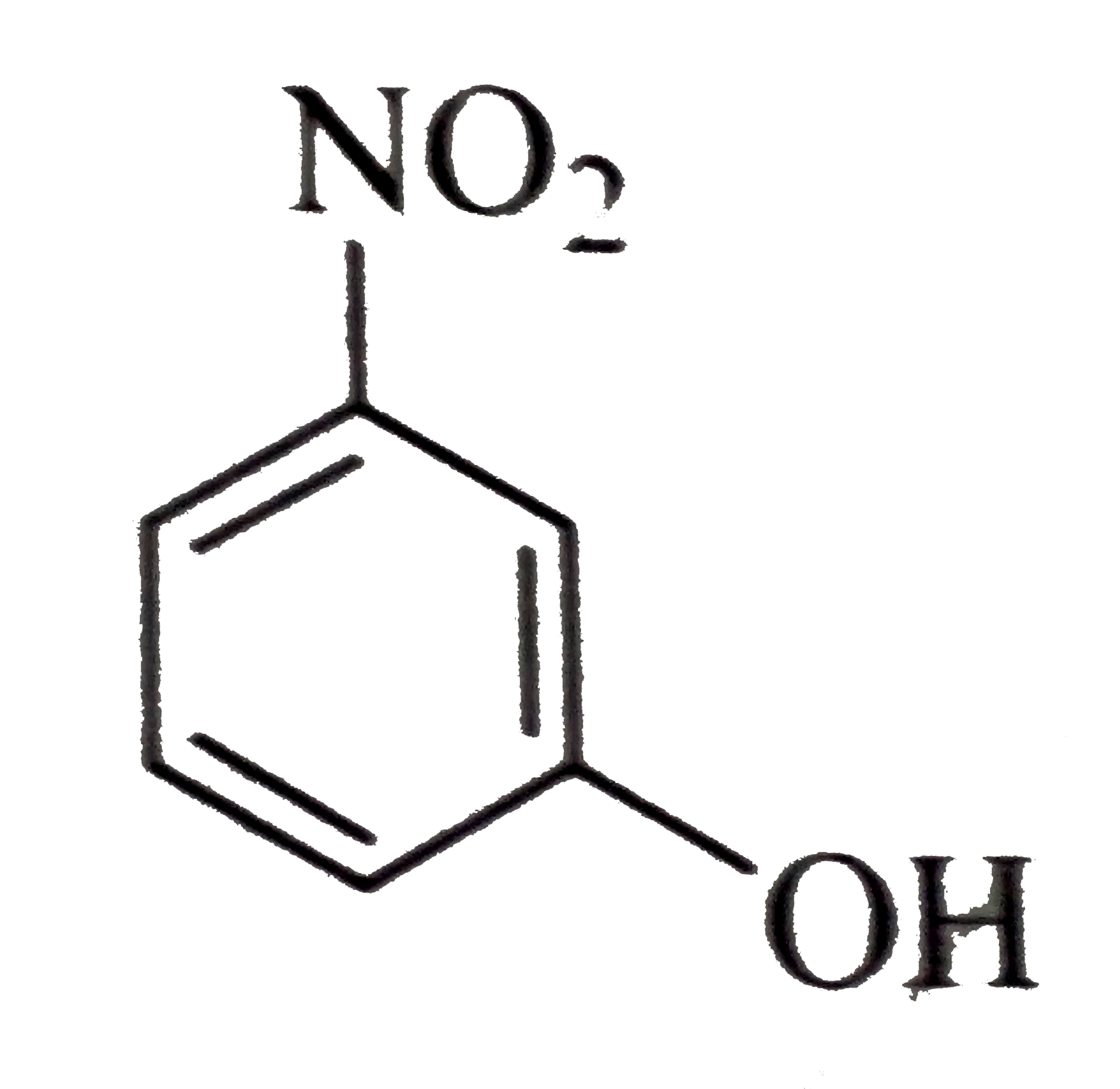Describe the usefulness of incineration of wastes, and also mention the precautions required in it.
Step-by-Step Solution
1. Understanding Incineration:
- Incineration is a waste treatment process that involves the combustion of organic substances contained in waste materials. It is a method of decomposing waste using fire.
2. Usefulness of Incineration:
- Volume Reduction: Incineration significantly reduces the volume of waste. This is important as it minimizes the space required for waste disposal.
- Destruction of Infectious Materials: The process effectively destroys infectious materials, making it a safe option for disposing of medical and hazardous waste.
- Alternative to Landfills: Incineration serves as a viable alternative to landfills, which can lead to land and groundwater pollution.
- Energy Generation: The heat produced during incineration can be harnessed to generate electricity, contributing to energy recovery and reducing reliance on fossil fuels.
3. Precautions Required in Incineration:
- Separate Incineration of Carcinogenic Substances: Carcinogenic materials should be incinerated separately to prevent environmental contamination.
- Temperature Monitoring: It is crucial to monitor the temperature during the incineration process to ensure it is high enough to kill all bacterial spores and pathogens.
- Controlled Incineration for Specific Substances: For substances containing formaldehyde, a controlled incineration process is necessary to manage emissions and prevent toxic releases.
- Incineration is a waste treatment process that involves the combustion of organic substances contained in waste materials. It is a method of decomposing waste using fire.
- Volume Reduction: Incineration significantly reduces the volume of waste. This is important as it minimizes the space required for waste disposal.
- Destruction of Infectious Materials: The process effectively destroys infectious materials, making it a safe option for disposing of medical and hazardous waste.
- Alternative to Landfills: Incineration serves as a viable alternative to landfills, which can lead to land and groundwater pollution.
- Energy Generation: The heat produced during incineration can be harnessed to generate electricity, contributing to energy recovery and reducing reliance on fossil fuels.
- Separate Incineration of Carcinogenic Substances: Carcinogenic materials should be incinerated separately to prevent environmental contamination.
- Temperature Monitoring: It is crucial to monitor the temperature during the incineration process to ensure it is high enough to kill all bacterial spores and pathogens.
- Controlled Incineration for Specific Substances: For substances containing formaldehyde, a controlled incineration process is necessary to manage emissions and prevent toxic releases.
Topper's Solved these Questions
- WASTE GENERATION AND MANAGEMENT BOOK - ICSECHAPTER - WASTE GENERATION AND MANAGEMENT EXERCISE - Progress Check
11 Videos
- WASTE GENERATION AND MANAGEMENT BOOK - ICSECHAPTER - WASTE GENERATION AND MANAGEMENT EXERCISE - Review Questions (Short Answer Type)
2 Videos
- TISSUES: PLANT AND ANIMAL TISSUESBOOK - ICSECHAPTER - TISSUES: PLANT AND ANIMAL TISSUESEXERCISE - REVIEW QUESTIONS (E. STRUCTURED/APPLICATION QUESTIONS )
7 Videos
Similar Questions
Describe the objectives of Iraq invasion by the US.
View SolutionMention the uses of dimensional equations.
View SolutionDescribe three important uses of water .
View SolutionExplain the dangers of electricity and the safety precautions required.
View SolutionDescribe the industrial uses of lime and limestone.
View SolutionMention the term used for the body fluid of cockroach and also mention the components present in the body fluids.
View SolutionDescribe the structure of a nerve with a diagram. Mention the three types of nerves.
View SolutionDefine scalar product Describe the scalar product with two examples. Also mention the properties of scalar product.
View SolutionWhat are the basic characteristics of a modern landfill site. List any three and also mention the reasons for their use.
View SolutionConvert

 in not more than four steps. Also mention the temperature and reaction conditions.
in not more than four steps. Also mention the temperature and reaction conditions.
View Solution
